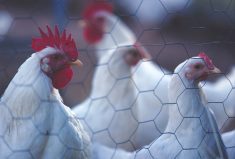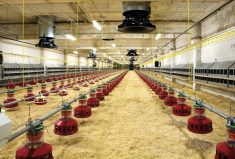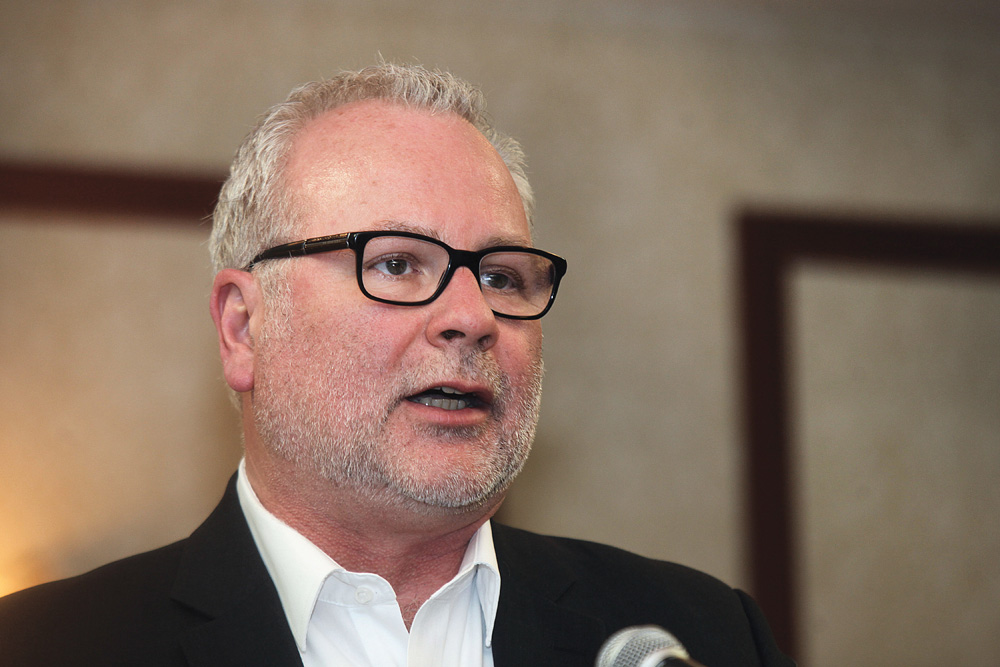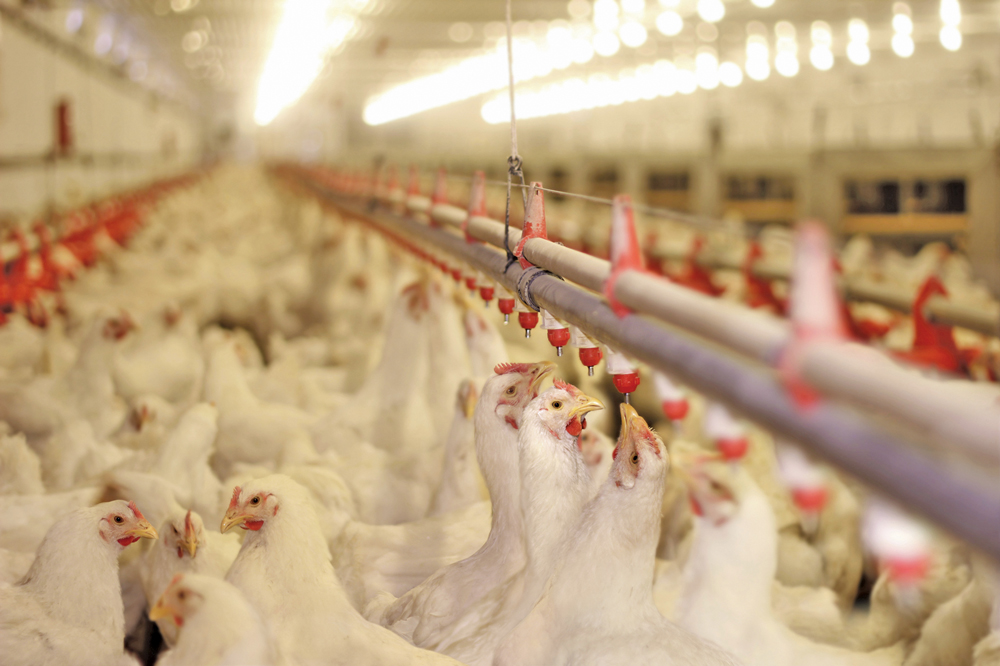Manitoba turkey producers are looking to their national counterparts to help find a solution to the current overstock of storage turkeys in the country.
While the stock of surplus birds was lower this January than last, several factors continue to hamper the flow of turkey through processors and into the market.
Bill Uruski, chairman of the Manitoba Turkey Producers, told the organization’s members that the results could mean increased levies during the organization’s annual general meeting in Winnipeg last week.
“Given our current storage stocks of turkey in Canada, our national directors have had to cut production. We as a provincial board are having a difficult time in reconciling our lower revenues with our current levies, as they relate to our ongoing commitments of serving you, our producers,” Uruski said. “We are continuing to examine options to operate with less, but there may come a time where we will have to bite the bullet and increase our levies to remain financially solvent to meet our legislated responsibilities.”
Read Also

Province pledges funds to CentrePort Canada
The Manitoba government has pledged $450,000 towards projects at inland port CentrePort Canada.
He went on to say that an increase isn’t on the table at this juncture, but that it could be in the future. Ideally, Uruski would like to see changes made to the national allocation system that would reduce storage stocks and hold processors accountable when they request more turkey than they utilize.
Ten years ago, Turkey Farmers of Canada (TFC) brought in a duel allocation system that differentiated between whole birds and birds destined for further processing. Uruski said concerns that processors may underutilize their allocations were raised at the time, but that the decision was made to rely on an honour system rather than an enforcement system at that time.
“Having processors dictate the supply required the opportunity to overshoot it without any consequences, we are now tasked with finding a way to make this further processing component of the allocation system actually function with responsibilities and repercussions on processors who have not fulfilled their obligations after receiving the allocation,” he said. “Not having those measures in place has led to the current buildup of storage stocks and price pressure on all segments of our industry.”
TFC chairman Mark Davies said that a review of the current allocation system began about a year ago and changes will be made in the near future. He added that most allocation policies have a lifespan of six or seven years, so with a decade under its belt the current system has seen many market changes take place that need to be addressed.

“Right now, everything is on the table,” said Davies, adding the board is looking at how to best build on the elements of the system that are working well. Ideally the new allocation system will strengthen the current honour-based system and add teeth to the agreement, he said.
“I think this is something we have always sort of dabbled with around the edges, to put some parameters around the requests that (processors) make when they are looking for new product, so basically, if you are requesting a certain amount of product, that you be responsible for it and that it doesn’t affect the market moving forward,” said Davies.
As of January 1, Canadian turkey stocks were at 21.1 million kilograms, down from 24.8 million kilograms the year before. An improvement, but not one large enough to prevent a reduction in quota allocations, Davies said, something that required some tough decisions and a lot of co-operation from provincial organizations.
“Our quota allocations for 2018 set last November are a good example of this — of all of us setting aside partisan desire and doing what must be done. As difficult as it is, we face the facts that market conditions were difficult. The disappearance of whole birds at Thanksgiving was disappointing and as a result of that the stocks remain high,” he said. “No one liked the idea of reducing quota, but we recognized that was the action that had to be taken.”
TFC set the preliminary 2018-19 whole bird allocation at 63 million kilograms, which was down three million kilograms from the previous 2017-18 allocation. However, further processing allocations remain unchanged at 83.9 million kilograms.

















